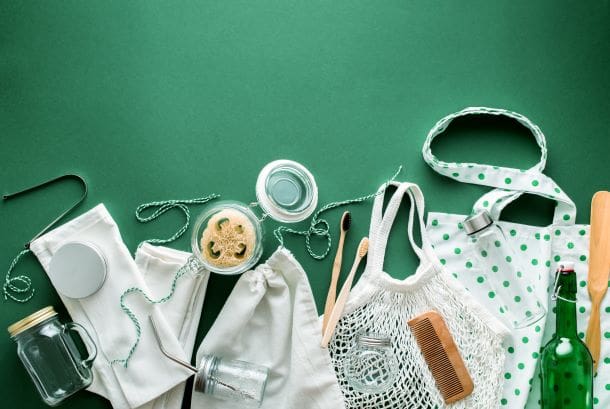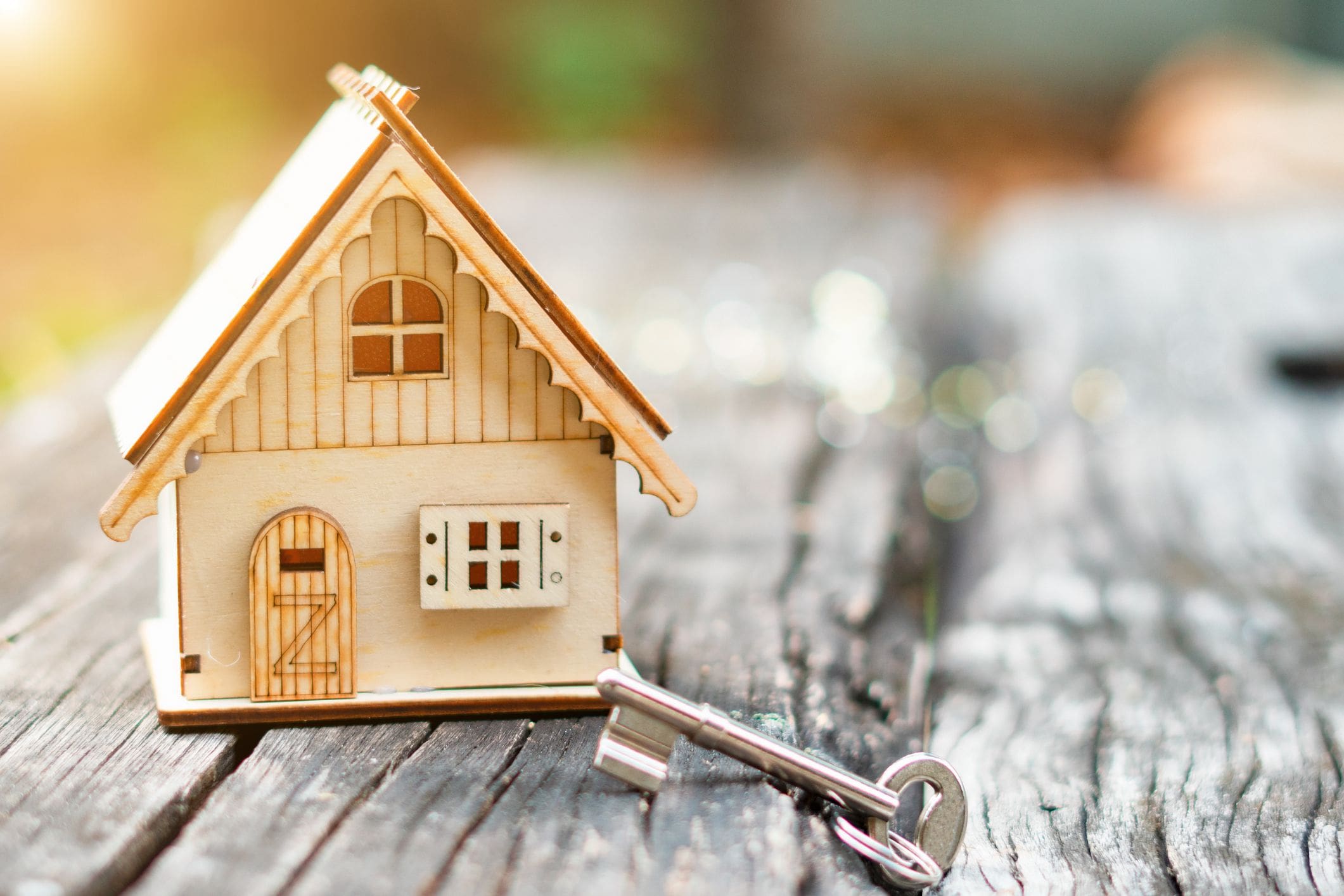Adopting a zero-waste lifestyle has many perks that benefit the society, the economy, and of course, the environment. It helps reduce carbon emissions, conserves energy, keeps waste out of landfills, encourages community projects, creates jobs, and supports a local circular economy. In return, this allows us to create a better Earth for future generations. Here’s what you need to know about adopting a zero-waste lifestyle.
Before you Start
There are a few things you need to know before you attempt to lead a zero-waste lifestyle. You might have heard about the mason jar that symbolizes the zero-waste movement. The first thing that you need to know is that you don’t have to fit all your trash into a mason jar because it is literally impossible. Living a zero-waste lifestyle is not about getting rid of all your waste. You also need to realize that you can’t make this shift overnight, no matter how motivated you are. If you don’t do this gradually, your success will be short-term.
Don’t throw out all the items you own to purchase eco-friendly products; this would be extremely counterproductive. Continue using your plastic toothbrush and ice cube trays until they are totally worn out. Only then replace them with their sustainable alternatives. It can be discouraging if you see other people producing less waste than you. Remember that it’s not a competition, and you’re allowed to work at your own pace. Every little thing that you do will, ultimately, make a difference.
Getting Started
Leading a zero-waste lifestyle is about reducing the amount of waste you produce daily to the least amount possible. Since this may sound impossible for anyone who is just starting, you need to set small sustainability goals first and increase them over time. Adjusting to any lifestyle takes a lot of time, and easing into a zero-waste lifestyle requires many steps and practice.
5 Rules
Living a zero-waste lifestyle, there are 5 rules that you should always remember and live by. These rules all start with the letter ‘r’ and can be remembered as the “5 r’s.” You should always: Refuse the things you don’t need. Reduce the things you need. Reuse the things that you consume. Recycle the things that you can’t refuse/ reuse. Rot, or compost, what remains.
Start Saying No
We come into contact with plenty of wasteful products every day, and not because you are starting to live waste-free; it means that other people are too. Therefore, start saying no to even the smallest wasteful products like plastic straws at restaurants and plastic bags at stores. The smallest things do make a difference, so every time you are about to accept a disposable item, stop and ask yourself if it’s worth it.
Eat Clean
Stop purchasing packaged and processed foods. Start eating more fruits and vegetables, and realize that anything packaged, you can make at home. It does not only help the environment, but it also makes you a lot healthier.
Cut Back on Disposable Products
Use less of your detergents, dish soap, toothpaste, shampoo, and everything else; this doesn’t mean you should use less of what is necessary to remain hygienic. It only means that we tend to overuse and waste a lot of products; be mindful and only dispense what you need.
Take Part in Zero-Waste Communities
Taking part in zero-waste communities will help you stay motivated. Keeping up with sustainable living news at Trvst.world can also help you stay encouraged. Knowing that you are not the only one who cares about the environment and being part of a green community will provide you with the support you need to persevere and teach you helpful tips to help you ease into the lifestyle.
Essential Products
There are a few things to consider purchasing to help make your journey easier. A reusable water bottle is necessary to avoid using plastic water bottles and disposable beverage cups. Use glass jars and cloth bags, and totes to store your food, drinks, and other items instead of purchasing plastic containers, Ziplocs, and Tupperware. Purchase stainless steel, bamboo, glass, or reusable silicone straws; avoid using plastic ones. You can also use handkerchiefs to eliminate the use of tissues and napkins.
Living a zero-waste lifestyle is very advantageous to the environment, economy, as well as your health. Although it may seem like an overwhelming change, it is a highly rewarding lifestyle. This information was collected to help you ease into the process. Everyone deserves the best of what the environment has to offer, and the Earth deserves the best care and treatment from us, so start making some small changes today.





